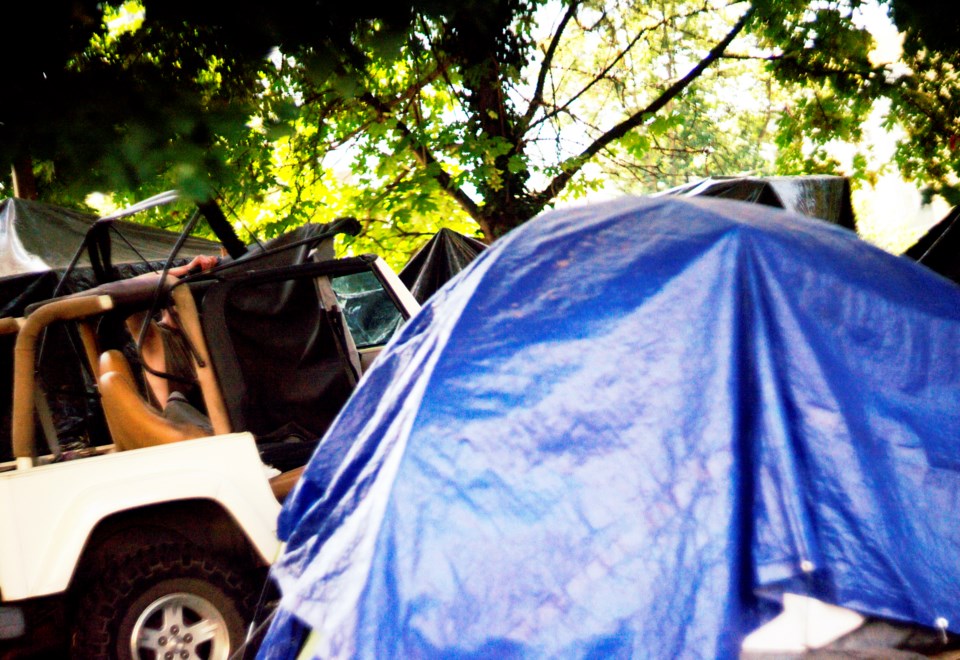“Don’t give him that; he will just blow it on drugs.”
Many of us who have thrown money into a hat or paper cup, or who have pressed some bills into a down-and-out stranger’s hand have likely heard some version of the above from family or friends.
The common rhetoric among those with money is that those who are unhoused simply don’t handle their cash well and would blow it if they had it.
Folks who are poor— or were— know this isn’t the case. It takes budgeting skills to eke out an existence with little to work with.
Oh, yes; some poor folks blow whatever is given to them like leaves in the 麻豆社国产wind, but the same can be said for some of the more well-heeled set, no?
With the current diluted news situation, you may have missed an important UBC study published in
It showed that most respondents to a survey believed that if given an unconditional $7,500 cash transfer, homeless folks would spend the vast majority of it on “temptation goods” such as alcohol, drugs, and tobacco.
But then, about 50 unhoused people in Vancouver were given that amount and then tracked for a year. Guess what happened?
“Cash recipients spent 99 fewer days homeless, increased their savings, and saved society an average of $777 each by spending less time in shelters. They did not spend more money on temptation goods than the control group did,” reads the UBC explanation of the study.
Dr. Jiaying Zhao, an associate professor of psychology at UBC who led the study, said that the way the public perceives those who live in cars or are otherwise homeless is detrimental to solving the homelessness crisis.
The study supports those who want a guaranteed basic income, a payment from the government scaled by need that ensures a minimum income level, regardless of employment status, implemented in Canada.
“Homelessness is such a big problem in North America right now. It’s extremely costly in terms of GDP as well as human lives, and the current approaches to homelessness reduction are not working,” Zhao said in a UBC news release.
“That’s why I think it’s important to explore a different approach.”
Agreed.
Whether some type of basic income approach is the best idea is up for debate, but what isn’t is that what we are doing is not working; just look at all the folks living in their vehicles in Squamish.




